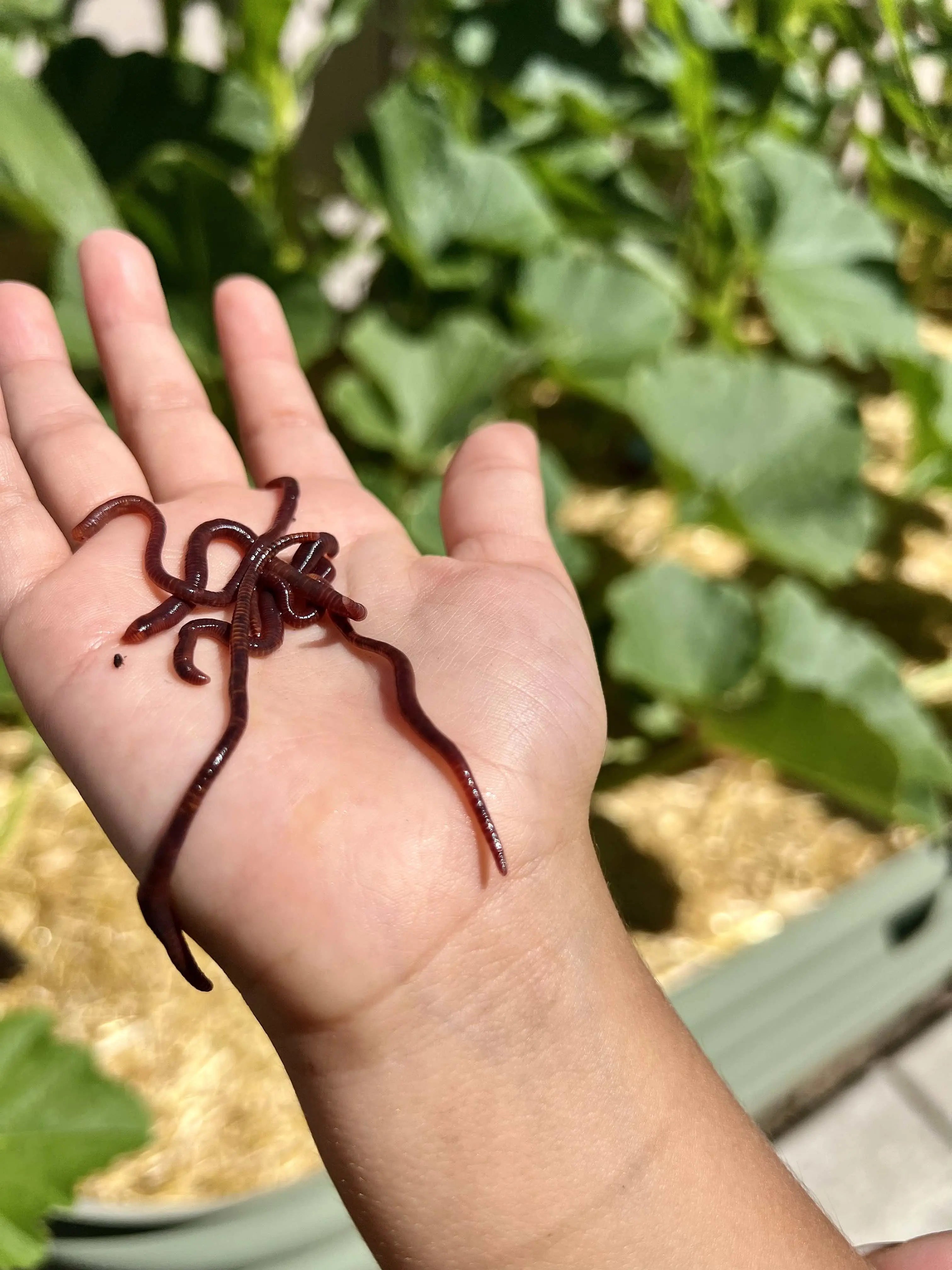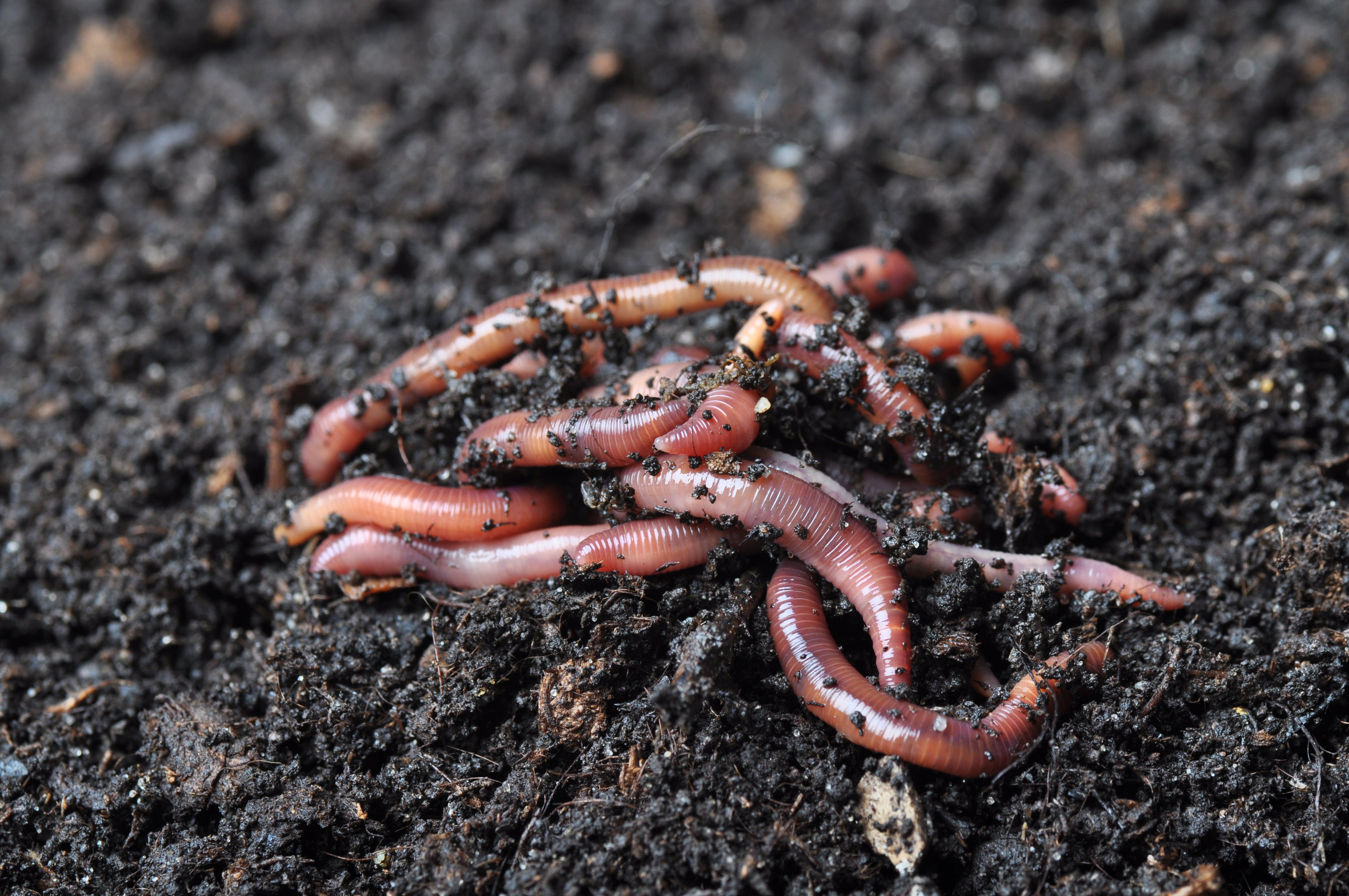Enhance Your Lawn’s Health and Beauty with Red Wiggler Express Lawn Care Solutions
Enhance Your Lawn’s Health and Beauty with Red Wiggler Express Lawn Care Solutions
Blog Article
Red Wigglers: The Unsung Heroes of Organic Waste Recycling
Red wigglers, or Eisenia fetida, offer as important agents in the organic waste recycling procedure, changing thrown out products right into beneficial vermicompost. As the world increasingly seeks solutions to fight waste buildup and improve agricultural productivity, comprehending the function of these worms ends up being essential.
What Are Red Wigglers?
The exceptional durability of red wigglers, scientifically referred to as Eisenia fetida, underscores their essential duty in natural waste recycling. These little, reddish-brown earthworms are typically discovered in breaking down organic issue, such as compost heap and manure lots. Lake Hickory Bait. Unlike various other earthworm species, red wigglers grow in nutrient-rich atmospheres and are very efficient at damaging down organic materials, making them essential for vermicomposting

(Red Wiggler Express)Along with their duty in waste reduction, red wigglers add to soil wellness by enhancing soil framework and oygenation with their burrowing tasks (Lake Hickory Bait). Their existence in composting systems not only enhances disintegration rates however also promotes a lasting method to throw away management, highlighting their value in environmental conservation initiatives
Benefits of Composting With Worms
Composting with worms, especially red wigglers, provides many advantages that boost both waste management and soil health and wellness. These worms effectively damage down natural waste, converting it into nutrient-rich vermicompost that improves dirt. This procedure speeds up disintegration, permitting for a faster recycling of kitchen area scraps and other natural materials contrasted to standard composting techniques.
In addition, the vermicompost generated by red wigglers is including helpful bacteria, which help boost dirt structure, oygenation, and wetness retention. This boosts the general wellness of plants, advertising strenuous growth and raised returns in yards and farming settings. In addition, making use of worms in composting minimizes the manufacturing of greenhouse gases, such as methane, adding to a much more lasting waste administration system.

How to Begin Vermicomposting
Establishing a vermicomposting system is a straightforward process that can produce considerable benefits for both waste administration and dirt enrichment. To begin, choose a suitable container, such as a plastic container or wooden box, with adequate ventilation holes to make certain appropriate air movement. The measurements must preferably be around 2 feet by 3 feet, enabling adequate room for the worms to prosper.
Following, prepare bedding product, which can be composed of shredded newspaper, cardboard, or coconut coir. This bedding needs to be moistened to produce an ideal environment for the worms. Once the bedding is in area, introduce red wigglers (Eisenia fetida) right into the container, usually around one extra pound of worms for every square foot of surface.
Complying with the placement of worms, include organic waste, such as fruit and veggie scraps, coffee grounds, and crushed eggshells. With these steps, you will successfully initiate a vermicomposting system that contributes to sustainable waste monitoring and enhances your dirt.
Maintaining a Healthy And Balanced Worm Container
(Red Wiggler Express)Maintaining a worm bin prospering requires routine attention and treatment to make certain the health of the red wigglers and the performance of the composting process. Correct maintenance starts with checking the moisture levels; the bin ought to be damp but not saturated. An excellent guideline is to preserve a consistency similar to a wrung-out sponge.
Gently blending the bed linen and food scraps every couple of weeks stops compaction and makes sure that all worms have accessibility to oxygen. Additionally, it is important to feed the worms suitably.
If the container ends up being too warm or cool, the worms might become stressed out. By diligently managing these factors, one can preserve a durable and efficient worm bin.
Influence On Sustainable Living
The successful maintenance of a worm container not just benefits the wellness of red wigglers yet additionally contributes substantially to lasting living practices. By reusing natural waste, such Red Wiggler Express as cooking area scraps and lawn particles, red wigglers help draw away substantial quantities of material from landfills. This reduction in waste not only reduces greenhouse gas emissions but also reduces the ecological burden related to waste monitoring.
In addition, the spreadings created by red wigglers function as a nutrient-rich natural fertilizer, improving dirt wellness and promoting plant growth. This all-natural option to chemical plant foods supports sustainable farming and gardening methods, reducing dependence on synthetic inputs that can harm ecosystems. In addition, worm composting fosters understanding of waste management, encouraging people and communities to adopt even more sustainable routines.

Conclusion
In recap, red wigglers function as essential factors to natural waste reusing via their reliable decomposition of organic products. Their capability to produce nutrient-rich vermicompost improves soil health and wellness and supports sustainable agricultural practices. By integrating vermicomposting right into waste administration techniques, individuals and neighborhoods can dramatically lower waste while promoting environmental sustainability. The role of Eisenia fetida in cultivating healthy ecosystems highlights the importance of these organisms in accomplishing sustainable living and boosting soil fertility.
Report this page